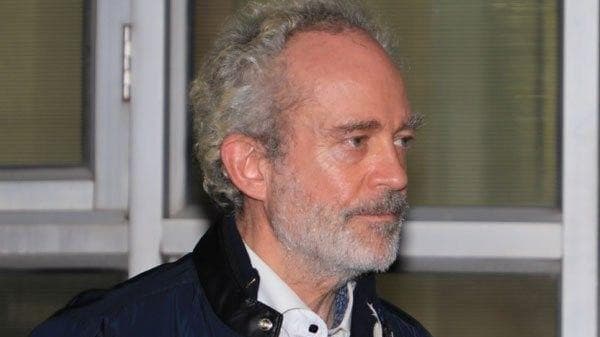
Delhi High Court Declines Michel’s Challenge to India–UAE Extradition Clause
Bench says treaty cannot be declared illegal; asks AgustaWestland accused to file fresh plea with proper reliefs
The Delhi High Court has refused to entertain a petition filed by AgustaWestland VVIP chopper scam accused Christian Michel seeking to declare a provision of the India–UAE extradition treaty illegal. Michel was extradited from Dubai in December 2018 and has remained in custody since then.
Michel had approached the Court challenging Article 17 of the 1999 extradition treaty between India and the UAE, which permits prosecution not only for offences forming the basis of extradition but also for “connected” offences.
A Division Bench of Justices Vivek Chaudhary and Manoj Jain heard the matter and observed that it would not issue a declaration in the abstract. The judges asked Michel to file a more comprehensive petition specifying the consequential reliefs he sought.
“What is the consequential relief which you want? We don’t grant simple declarations,” the Bench remarked, noting that the treaty had not been passed by Parliament and therefore could not be declared ultra vires like a statutory law.
The Court held that since the treaty is not a law enacted by Parliament, it cannot be struck down. “If you are being tried based on a provision, challenge it in appropriate proceedings,” the Bench said.
Michel was ultimately allowed to withdraw the plea, with his counsel, Advocate Aljo K Joseph, stating that a fresh petition with complete reliefs would be filed.
Michel, a British national, is accused of acting as a middleman to help AgustaWestland secure a contract from the then Congress-led government for supplying VVIP helicopters. He allegedly entered into a dozen contracts with the manufacturer to legitimise kickbacks amounting to €42.27 million. The CBI claims that bribes worth about US$33 million were routed through bank accounts in the UK and UAE.
A key plank of Michel’s withdrawn plea was that Indian agencies could not rely on Article 17 of the treaty, as it violated Section 21 of the Extradition Act, which bars prosecution for offences beyond those listed in the extradition decree. The petition argued that Indian investigators invoked Section 467 of the IPC, an offence carrying life imprisonment, through supplementary chargesheets even though it was not included in the Dubai extradition order.
Michel also contended that he has already completed the maximum possible sentence for the offences for which he was extradited and that his continued detention was unlawful.
According to the petition, the original 2017 CBI chargesheet booked him under Sections 8, 9 and 12 of the Prevention of Corruption Act, which at the time carried a maximum sentence of five years. It further argued that his incarceration -- including the period spent in custody during extradition proceedings in the UAE -- already exceeds this statutory limit.
For any enquiries please fill out this form, or contact info@thelawreporters.com and Follow The Law Reporters on WhatsApp Channels